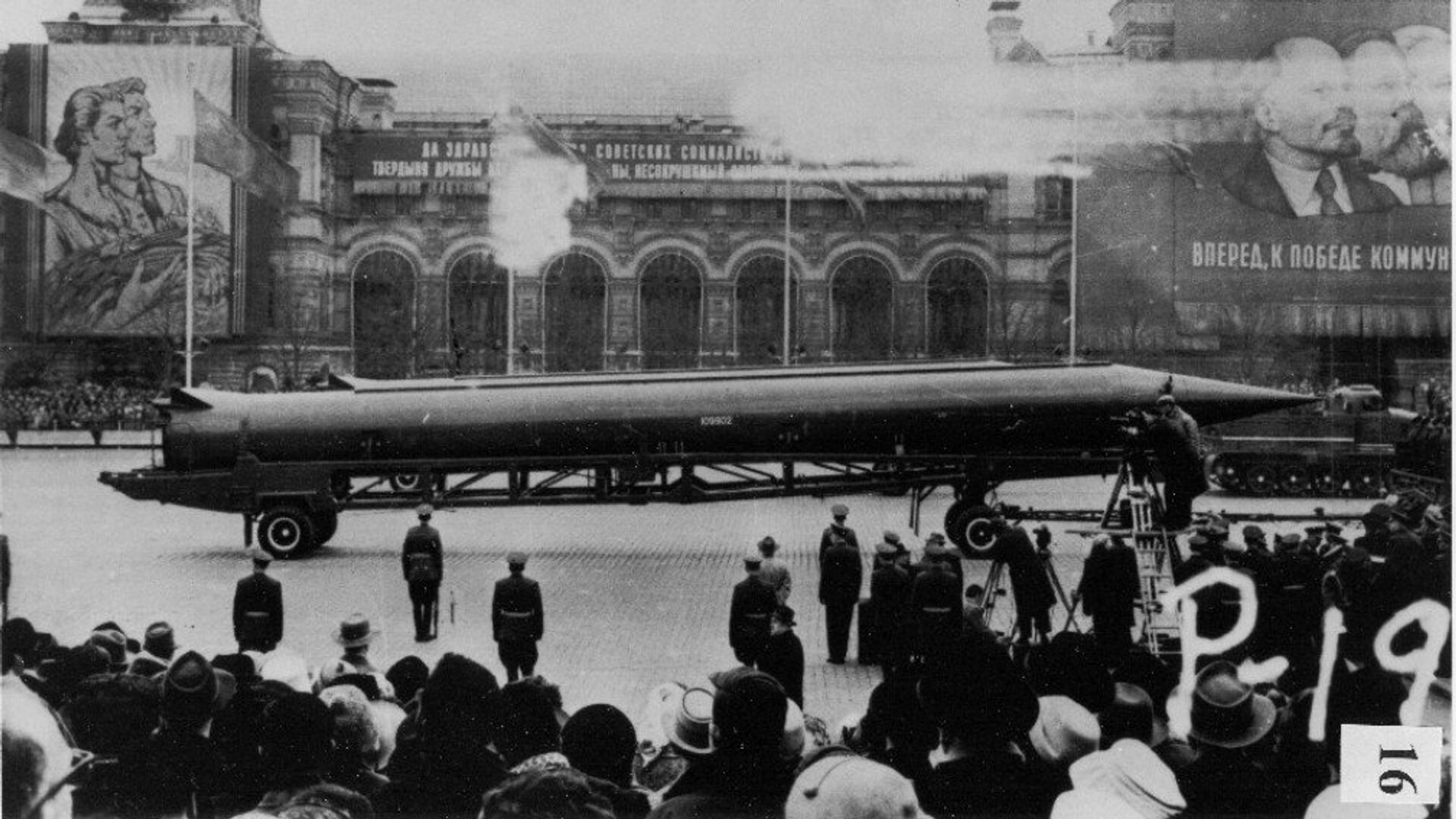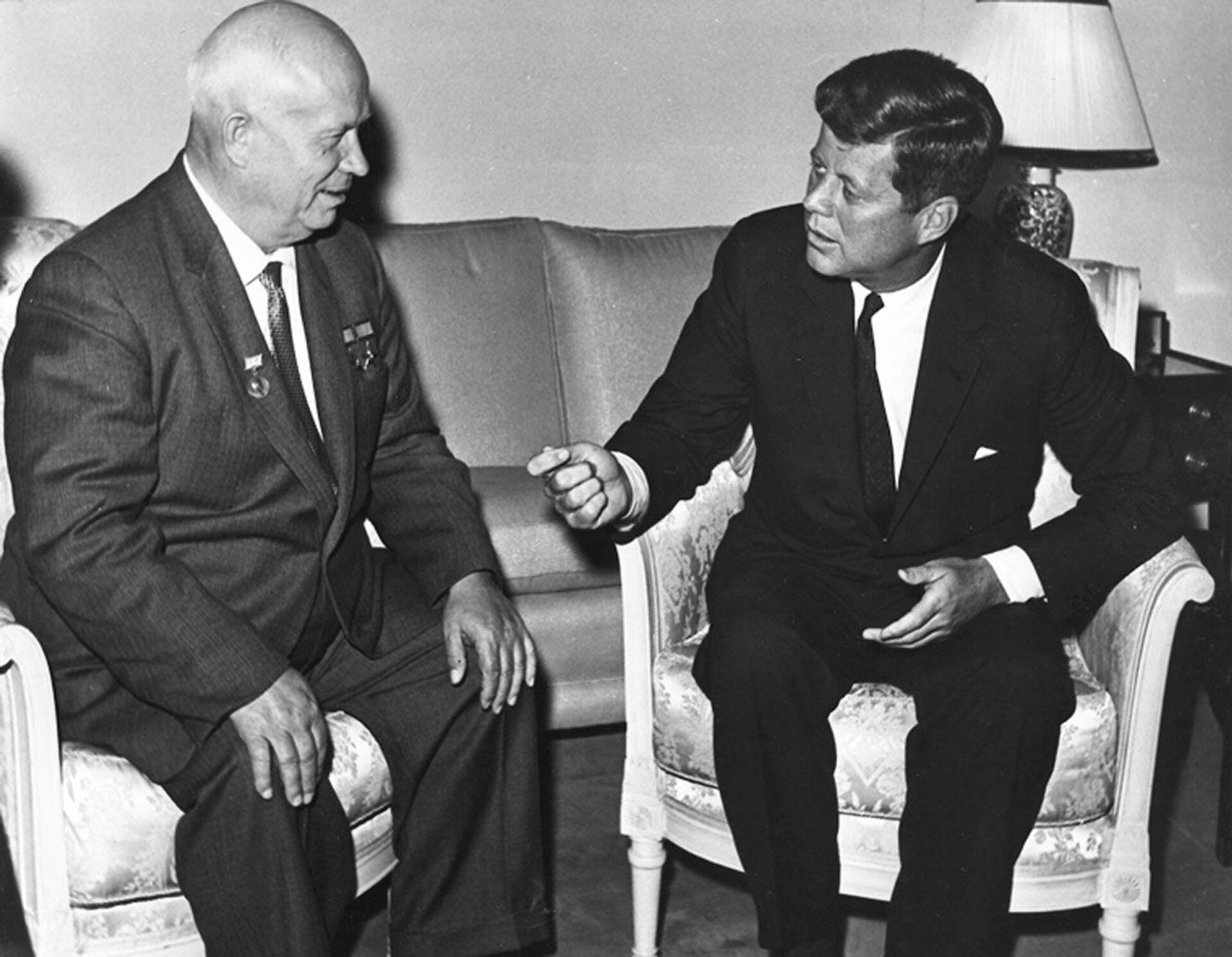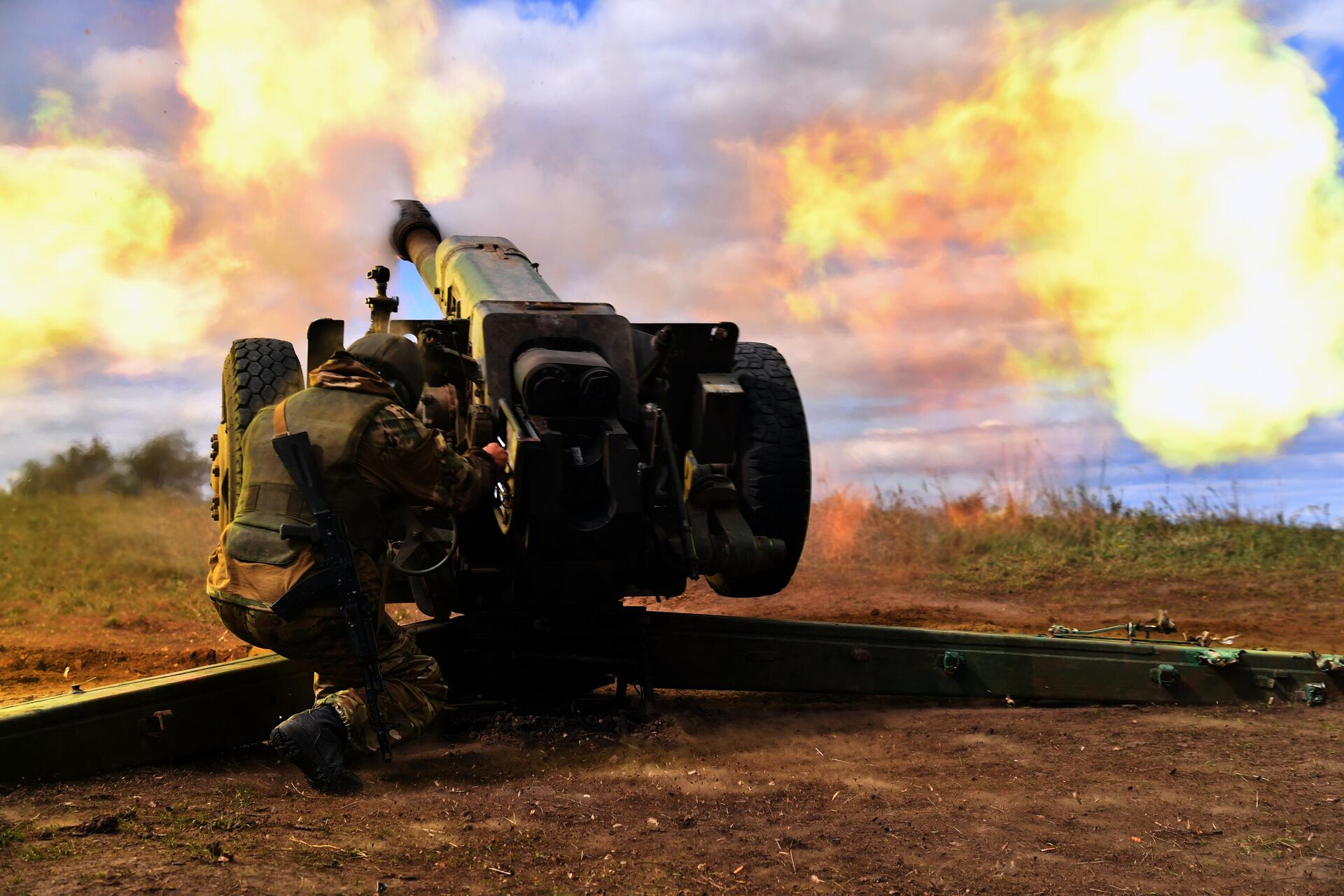Ukraine Nothing Like Cuban Missile Crisis, But Talks Still 'Only Way Out', Ex-Reagan Aide Says

CC0 / Central Intelligence Agency /
Subscribe
WASHINGTON (Sputnik) - The current tensions between Russia and the United States over Ukraine cannot be compared to the 13-day US-Soviet nuclear standoff over Cuba, which came to an end sixty years ago today, but negotiations still remain the only option for avoiding war, former adviser to President Ronald Reagan, Suzanne Massie, told Sputnik.
Friday marks the 60th anniversary of the Cuban Missile Crisis ending, a development many historians attribute to diplomatic acumen and a true desire for peace in both Washington and Moscow.
The crisis began on October 13, 1962, when President John Kennedy was shown surveillance photos of Soviet nuclear-tipped missiles in Cuba, 90 miles off the Florida coast.
Rather than invade as military advisers pressed, Kennedy chose a quarantine. However, tensions escalated anyway, and on October 27, just a day before a resolution to end the crisis was reached, US forces were on DEFCON 2 while Soviet missiles were on ready to launch.

President Kennedy meets with Chairman Khrushchev at the U. S. Embassy residence, Vienna. U. S. Dept. of State photograph in the John Fitzgerald Kennedy Library, Boston.
© Photo : U. S. Department of State
Following a period of intense talks via back-channels, the two sides agreed that the Soviet Union would withdraw its missiles from Cuba in exchange for a US vow not to invade the island nation. And, in a secret pact, the US also agreed to remove missiles from Turkey.
Fear of the outbreak of nuclear warfare over the crisis in Ukraine has reached new heights in recent days and weeks, with Russia accusing Kiev of creating a dirty bomb while Washington warns Moscow against using a tactical nuclear weapon.
Massie, who helped Reagan prepare for negotiations with Soviet leader Mikhail Gorbachev, expressed her concerns about the current situation between Moscow and Washington when asked about the Cuban Missile Crisis.
"There is no comparison with the Caribbean crisis, it was a completely different time and a completely different government," Massie said. "But I am sure that there is always a way out and it is definitely to start negotiations as soon as possible. It happened in the days of Reagan and Gorbachev, and it can happen now."
Massie pointed out that there are always two sides to any story and both sides must be analyzed in order to make a correct assessment.
"I am very upset by the situation that is happening in the world. Now, there are no people in Russia from the United States who could really assess the situation from the inside," Massie said. "I met Ambassador [John] Sullivan at Gorbachev's funeral, he said that he was leaving. He was a wonderful ambassador who understood Russia well. I am very worried about this."

A serviceman of Russian private military company Wagner Group shoots from a 122 mm D30 howitzer at the Ukrainian positions, as Russia's military operation in Ukraine continues, in the suburbs of Bakhmut, Donetsk People's Republic
© Sputnik / Viktor Antonyuk
/ Not unlike Reagan and Gorbachev's negotiations which ended with the signing of the 1987 Intermediate Nuclear Forces (INF) Treaty, Kennedy and Khrushchev, learning from the Cuban ordeal, worked together as promised in a bid to end the arms race. On August 5, 1963, Kennedy and Khrushchev signed the Limited Test Ban Treaty, the world’s first formal nuclear arms control agreement.

